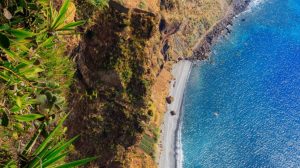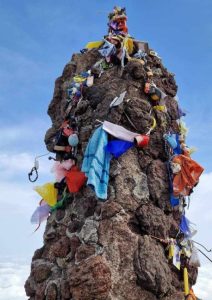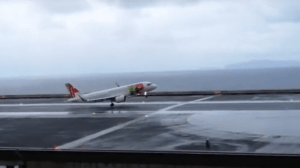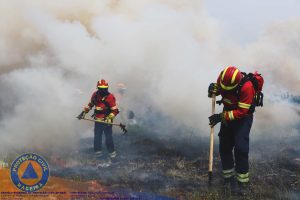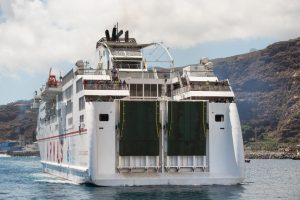Ashlie McIvor, a 25-year-old Scottish researcher, is studying the impact of ocean rubbish and its effect on the waters around Madeira and its marine life.
In an interview with British newspaper, the Observer, the marine biologist, who has lived in Funchal since January, revealed that she wants to study the risks and conservation possibilities of ocean predators such as dolphins, fur seals, rays, and even sharks who make the islands coastal waters their home. She went on to say that “in Madeira there is a great focus on whales and dolphins, we know where they are and how many there are – and this is great because it gives us an accurate base line – but the opposite is true with sharks and rays. This is one of the gaps that I hope to fill, especially as many of them live in close proximity to the coast, making them vulnerable to human activities, especially fishing which is a main source of income to many of the islanders.”
With this in mind, Ashlie revealed that one of her goals is to try to change some behaviours to reduce the impact on these species, through the creation of better understanding of both man’s need to survive and its impact on the fragile ecosystems that lie beneath the oceans surface. Simply put, showing people how marine litter, marine traffic (such as fishing, commercial and tourism boats), and discarded fishing material, marine debris, such as plastic, affect the presence and distribution of marine predators off Madeira’s coastline.
In addition, if everything goes according to plan, Ashlie McIvor’s work will create a “density map”, through a geographic information system, which identifies where the species of marine predators and rubbish are. Crossing referencing this information with previous maps, it will be possible to understand the risks that marine vertebrates, invertebrates and fauna are under.
This investigation, which is expected to last about three years, is carried out in partnership with the Centre for Marine and Environmental Sciences (MARE), which is already scientifically studying predator species and the archipelago’s marine litter situation.
Samantha Gannon
info at madeira-weekly.com

